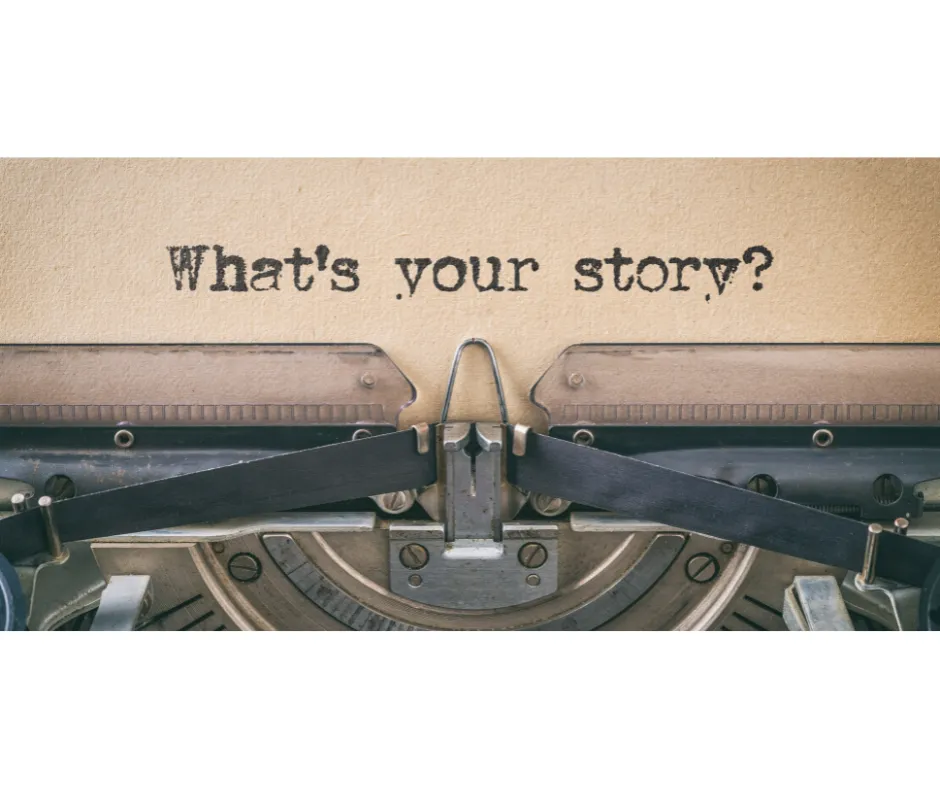“Stories are how we learn best. We absorb numbers & facts & details, but we keep them all glued into our heads with stories.”
—Chris Brogan
Do you still remember those bedtime stories that were told to you when you were just a child? Those stories surely had a long-lasting impact on you. This is solely the reason why brands these days turn to business storytelling with an aim to build an emotional connection with their audience.
Effective marketing goes beyond data & statistics. Just like individuals remember their favorite childhood stories even after they have grown up, they are more likely to remember you if you portray your brand story instead of just facts & figures related to your business. Around 62% of marketers find storytelling in marketing effective to their content marketing strategy.
Storytelling: Building Brands with Emotions
1. Relatability & Identification
Stories evoke emotions. When individuals hear them, they tend to relate themselves to the elements in the story whether it is the characters, situation or emotions. This relatability helps individuals see themselves in the story, thus building a personal connection.
2. Neurological Activation
When we listen to stories, our brain releases two types of hormones- cortisol & oxytocin. Cortisol helps us to focus & retain the stories we have heard, while oxytocin, which is also known as the bonding hormone, helps the listener to create a sense of engagement with the speaker.
3. Visuals
The human brain processes an image in just 13 milliseconds equating to the speed of 75 frames per second. When listening to a story our brain immediately starts imagining the scenes & characters based on the developments taking place. This illustrates why stories engage with us on a deeper level than facts & figures.
4. Builds Trust & Authenticity
Genuine & authentic stories build trust & credibility. Your listeners come to know about your brand values & if it resonates with them, they are more likely to buy from you.
Narrate Your Story: Develop Trust
1. Your Brand Story
The story of your brand may include your history, mission & values all woven together with personal touch. A study at Harvard Business Review has put forth that strong emotional motivators play a role in increased customer satisfaction. Thus, effective brand storytelling builds a deeper level of trust in your customers.
Example: Amul has marketed its brand such that individuals recognize it as a brand that is by the locals for the locals. With the unique story of selling products at reasonable prices to be accessible to all, Amul is the best example of a local brand achieving success by creating a stir in the hearts of their consumers building emotional connections.
2. Your Customer Story
Customer storytelling strengthens your brand’s reputation, bringing in social proof that your product works. Your customers are more likely to believe in individuals who are like them as they begin to compare themselves with your current customers.
Example: Dove uses ‘real’ women instead of models with the story that each woman is worthy of being beautiful. They portray the beauty of relationships or even the beauty of face & body with an incredible storytelling approach to marketing.
3. Your Employee Story
According to LinkedIn, potential candidates trust the company’s employees 3x more than the company for credible information. This shows that your employee experiences based on an attractive work culture will help you build your audience’s respect.
Example: Dell Technologies set out on a campaign to support the inclusion of women striving that by 2030, 50% of their workforce will be women. This was backed by employee stories demonstrating how Dell Technologies is working to bring that change.
4. Case Studies
Honest case studies are more likely to help you reach your business & marketing goals. Use the CAR method (Challenge, Action, Result) to demonstrate yourself as the main hero of the story & explain how you are set to help your customers with your heroic actions. This way, customers can understand the value of your offerings.
Example: Airbnb often features case studies of hosts who have transformed their properties into successful Airbnb listings. They detail the hosts’ stories, including challenges faced (e.g., attracting guests, setting competitive pricing) & how Airbnb’s platform & support helped them achieve financial success & positive guest experiences.
Storytelling in business is a powerful tool to communicate effectively & build a strong & differentiated brand identity. It leverages the innate human connection to narratives to create memorable & impactful experiences for all involved.
Stories have power & that is why we at BlewMinds, strive to use this power to help your business reach new heights. To learn more about our products & services, connect with experts at BlewMinds & create your own story by building emotional connections.




